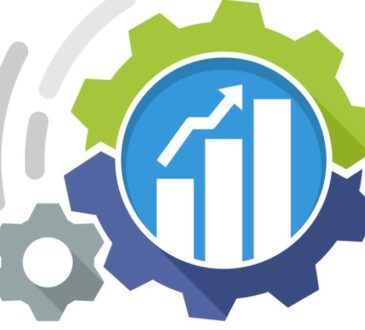
Running a small business means juggling many responsibilities. One crucial part is understanding tax regulations. These rules can be confusing, yet they are important for your business’s success. As a small business owner, you need to know which accounting practices will help you stay compliant and financially healthy. This blog will guide you through those essentials, showing you how to navigate tax laws effectively. Seeking the expertise of a CPA in Columbia, MD can offer valuable insight. They can provide tailored advice and help you avoid costly mistakes. You will learn about record-keeping, tax deductions, and filing requirements. Each of these practices helps you save money, time, and stress. Understanding these basics is not just about compliance. It is about creating a solid foundation for your business to grow. Let’s focus on making tax management less daunting and more manageable for you.
Understanding Tax Obligations
First, you need to grasp your tax obligations. As a small business owner, you pay several taxes, such as income tax, self-employment tax, and payroll tax. Each has its rules and deadlines. You should be aware of these to avoid any penalties.
According to the IRS guidelines, proper tax planning is necessary. This involves estimating your tax payments and keeping enough funds aside. Regularly review these estimates to ensure accuracy. Remember, tax rates can change, which affects your payments.
Effective Record-Keeping
Keeping accurate records is crucial for tax management. Good records help you track expenses, monitor your financial health, and prepare your tax returns. They also make it easier to claim deductions and credits.
| Benefits of Record-Keeping | Examples |
|---|---|
| Track expenses | Receipts, invoices |
| Monitor financial health | Bank statements, profit and loss statements |
| Prepare tax returns | Expense logs, income records |
Claiming Deductions and Credits
Understanding tax deductions and credits can significantly reduce your tax bill. Deductions lower your taxable income, while credits directly reduce your tax liability.
Common deductions include home office expenses, business equipment, and travel costs. To claim these, you must keep detailed records. Visit the IRS website for a full list of eligible deductions and credits.
Filing Requirements
Once you know your obligations and have kept good records, focus on filing your taxes accurately. The IRS requires businesses to file tax returns on time. Missing deadlines leads to fines and interest charges.
Consider using tax software for filing. These tools guide you through the process and help minimize errors. Alternatively, working with a tax professional ensures compliance with all requirements.
Preparing for Audits
Though not common, audits can happen. Being prepared reduces stress. Keep organized records and ensure your filings are accurate. This preparation shows that you have managed your taxes properly.
If audited, respond promptly to requests for information. Cooperate with the auditor and provide the necessary documents. Showing your diligence goes a long way.
Planning for the Future
Tax regulations can change. Stay informed by regularly reviewing updates from the IRS and other reliable sources. Planning ahead ensures your business remains compliant and financially secure.
Set aside time each year to evaluate your tax strategies. Adjust them as needed to fit any changes in laws or your business structure. This proactive approach saves you from unexpected tax burdens.
Conclusion
Managing taxes does not have to be overwhelming. By understanding your obligations, keeping good records, claiming deductions, and filing accurately, you lay a strong foundation for your business. Utilizing the guidance of a CPA can further ease this process. With these practices, you ensure your business stays compliant and financially healthy. Stay informed, plan ahead, and focus on growing your business with confidence.




